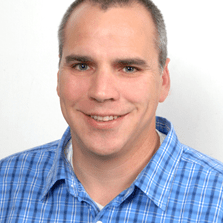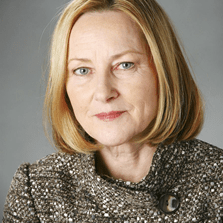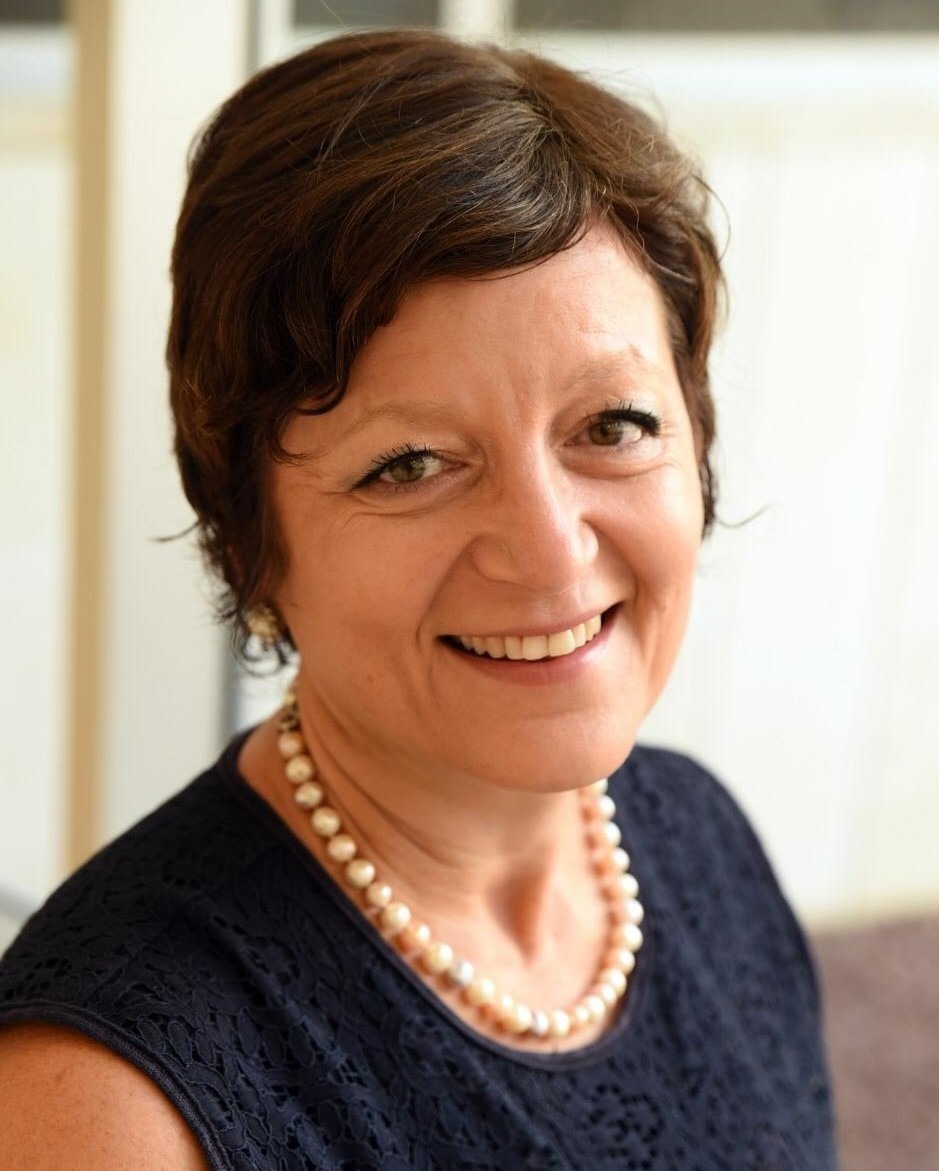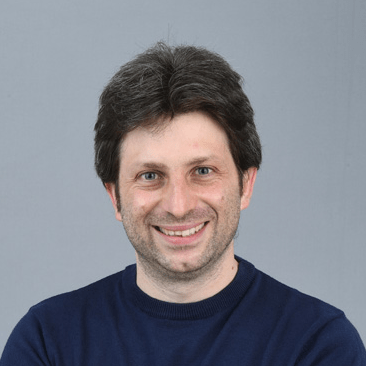Committee

Omry Koren
Full Professor and Principal Investigator, Azrieli Faculty of Medicine, Bar Ilan University, IsraelDr. Koren is a senior lecturer at the Azrieli Faculty of Medicine at Bar-Ilan University.
Omry was part of the NIH Human Microbiome Project which was the first effort to
identify the microbiome in a healthy adult body. Omry’s lab studies the human
microbiome in health and disease and specifically two aspects of it: 1) the microbiome in
pregnancy and the influence on the newborn and 2) the microbiome and host behavior.
Both aspects look at the interplay between the endocrine system and the microbiota.
Omry Koren
Full Professor and Principal Investigator, Azrieli Faculty of Medicine, Bar Ilan University, Israel
Erika Isolauri
Professor of Paediatrics and Head of the Department of Clinical Medicine, University of Turku, FinlandDr Isolauri has received several Academic Honours, including: the John Harris Prize from European Society for Paediatric Gastroenterology and Nutrition; the Niilo Hallman price from the Foundation for Paediatric Research, Finland and International Award for Modern Nutrition, Swiss Central Nutrition Association. In 2010 she received the IDF Elie Metchnikoff Prize 2010 in the category Nutrition and Health. She is the author of 456 Scientific articles: she has written 278 Original publications, 112 Review articles/ Chapters in books, 66 Scientific articles. H-index 93 (February 2021).
Erika Isolauri
Professor of Paediatrics and Head of the Department of Clinical Medicine, University of Turku, Finland
Iris Dotan
Director, Division of Gastroenterology, Rabin Medical Center, IsraelProf. Dotan received her medical degree from the Sackler Faculty of Medicine in Israel. Her postdoctoral fellowship was at the Immunobiology Center, Mount Sinai Medical Center, New York. She is a specialist in internal medicine and in gastroenterology and liver diseases. Her clinical and research interests focus on biomarker-based stratification of patients with inflammatory bowel diseases and a personalized approach to their treatment and care, biologicals and novel therapies for inflammatory bowel disease.
Iris Dotan
Director, Division of Gastroenterology, Rabin Medical Center, Israel
Kjersti Aagaard
Professor, Department of Obstetrics and Gynecology, Baylor College of Medicine, USADr. Aagaard, an expert in maternal-fetal medicine, is the Henry and Emma Meyer Professor Chair in Obstetrics and Gynecology at Baylor College of Medicine and Texas Children’s Hospital. She serves as vice chair of research for obstetrics and gynecology and a professor of in the Departments of Molecular and Human Genetics, Molecular and Cellular Biology, and Molecular Physiology and Biophysics. Dr. Aagaard has worked globally for many years and has focused much of her global health efforts on understanding the causes and cures for the high rate of preterm birth in Malawi.
Kjersti Aagaard
Professor, Department of Obstetrics and Gynecology, Baylor College of Medicine, USA
Samuli Rautava
Adjunct Professor, Department of Clinical Medicine, University of Turku, FinlandDr Rautava has completed a 2-year postdoctoral research fellowship at Harvard University & Massachusetts General Hospital and a 1-year clinical neonatology fellowship at the Hospital for Sick Children in Toronto. He was appointed adjunct professor in experimental pediatrics in 2013. He currently works as clinical instructor in pediatrics at the University of Turku and as neonatologist at the Turku University Hospital. His research is based on the hypothesis that early contact with microbes and the indigenous intestinal microbiota has a significant long-term impact on health.
Samuli Rautava
Adjunct Professor, Department of Clinical Medicine, University of Turku, Finland
Nicola Segata
Professor and Principal Investigator, Department CIBIO, University of Trento, ItalyProf. Segata's lab comprises more than 20 researchers and employs experimental metagenomic tools and novel computational approaches to study the diversity of the microbiome across conditions and populations and its role in human diseases. The projects in the lab bring together computer scientists, microbiologists, statisticians, and clinicians and are generally focused on profiling microbiomes with strain-level resolution and on the meta-analysis of very large sets of metagenomes with novel computational tools.
